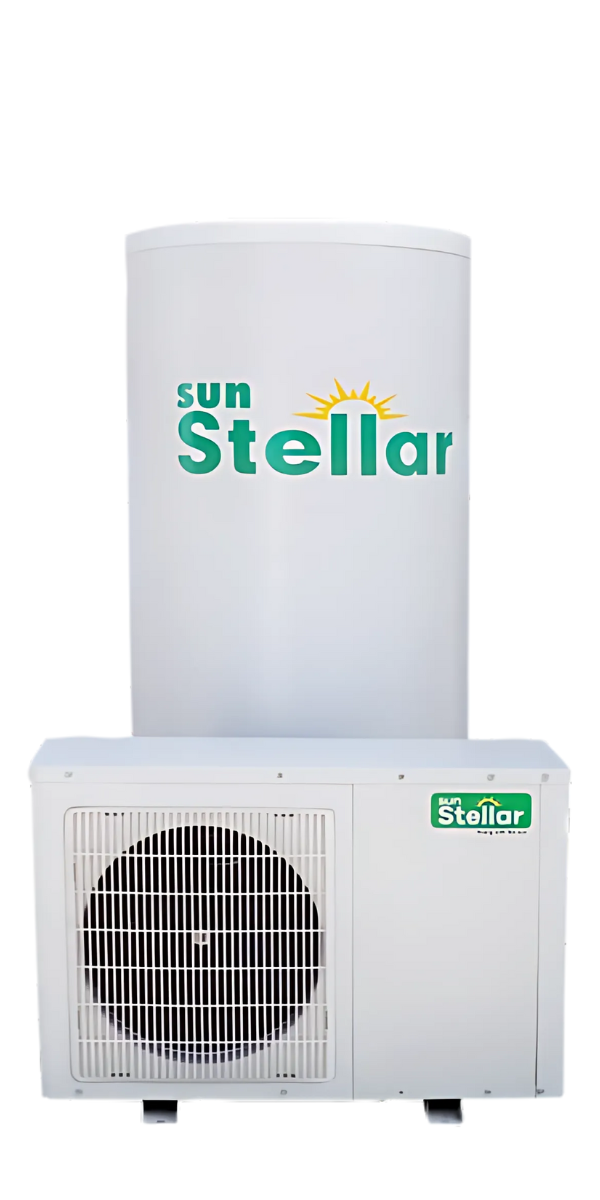Sustainability has nowadays become a common subject to discuss when it comes to selecting water heaters and other smart appliances. In the case of solar water heaters specifically, from saving costs incurred on energy to creating a greener space, there are several benefits of choosing this product over traditional water heating appliances. The upfront cost of installation may seem to be higher when buying a solar heater for water heating, but, in the long run, solar energy offers a variety of benefits in managing and facilitating heating operations. When it comes to finalizing the solar water heater for your home, you must remember the following points of relevance while buying this eco-friendly appliance:
Benefits of solar water heater for home
Installation of solar water heating appliances will help you in saving on energy bills. It has been noticed that irrespective of electricity, gas, or some other fuels, the energy bills tend to add up to increase over the period of time. Moreover, the technology used to obtain hot water, and the amount of time it consumes for heating water influence the initial investment and increased cost in the long run. Nevertheless, these factors vary in the case of solar water heaters due to the optimal use of natural sources of water heating. Some of the other benefits of solar water heater include:
Zero or less maintenance
After the installation of solar water heating appliances, maintenance is not a concern as is the case with traditional water heaters. However, it would be ideal to replace the circulated antifreeze fluid and connect with the contractor for an inspection of the system. This precaution along with the other active maintenance requirements will be minimal when you invest on solar water heating appliance. The lifespan of solar water heater for home is over 20 years and their efficiency can be retained with minimal maintenance.
Eco-friendly way of obtaining hot water
Unlike other water heating appliances, the reduced carbon emissions of solar water heaters ensures an eco-friendly option of accessing the hot water. Since the natural source of energy, sunlight is counted on, the sustainable water heating system can be counted on by choosing the solar water heater. Since the advanced solar water heating appliances use electricity produced through fossil fuels, a significant amount of pollution can be witnessed, the solar water heating system works contrarily. It is an eco-friendly resource to generate hot water without affecting the environment.
Reduced dependence on Grid power
The solar water heating appliances have reduced their dependence on the gas utilities and electricity, thereby, increasing energy security. On the other hand, the risk of price fluctuations is eliminated as associated with the traditional fuel costs.
Factors to consider while choosing the right solar water heater for home
With the passage of time, the world has recognized the relevance and dire need to shift to sustainable energy solutions. This is where solar water heating appliances have gained prominence as an eco-friendly and affordable resource for domestic and commercial purposes. From reducing the carbon footprints and harnessing the sun’s energy to generate heat to reducing electricity bills, the solar water heater has proved to be a reliable resource. However, when it comes to finalizing the right solar water heating appliance, the model, shelf-life, common attributes, and household requirements along with other factors need to be considered. This might also include long-term value, energy efficiency, and cost-effectiveness, here are some of the essential factors worth an assessment:
- System Type
- Active Systems: These systems use pumps and controls to circulate water or a heat-transfer fluid, making them suitable for areas with freezing temperatures.
- Passive Systems: Operate without moving parts, relying on natural circulation. They are cost-effective and work well in warm climates but are less efficient than active systems.
- Climate Suitability
- Evaluate your region’s weather conditions. Areas with consistent sunlight can use standard systems, while regions with colder or cloudy weather may need systems with advanced insulation or backup options.
- Household Hot Water Demand
- Determine the average daily hot water consumption based on household size and usage habits to select an appropriately sized system.
- Tank Size
- Match the storage tank size to your water usage needs. Oversized tanks waste energy, while undersized tanks might not meet your demands.
- Solar Collector Options
- Flat-Plate Collectors: Common, durable, and work well in most climates.
- Evacuated Tube Collectors: Highly efficient, especially in colder regions, but often come with higher costs.
- Integral Collector-Storage Systems: Best suited for moderate climates with steady sunlight.
- Roof Space and Orientation
- Ensure your roof has adequate space, structural integrity, and is positioned to maximize sunlight exposure (south-facing in the northern hemisphere).
- Budget and Cost Analysis
- Assess both the initial purchase and installation costs, as well as potential long-term savings from reduced energy bills. Higher-quality systems may require a larger upfront investment but offer better efficiency and longevity.
- Efficiency Ratings and Certifications
- Check for energy efficiency ratings and certifications from trusted organizations. Certified systems often qualify for government rebates and ensure reliable performance.
- Backup Heating System
- For areas with inconsistent sunshine, choose a solar water heater that integrates a backup system, such as electric or gas heating, to ensure a continuous hot water supply.
- Maintenance Requirements
- Review the upkeep needs, including cleaning, inspecting components, and occasional repairs. Opt for systems with low-maintenance designs if convenience is a priority.
- Warranty and Customer Support
- Select a system backed by a comprehensive warranty and responsive after-sales service to handle repairs or issues efficiently.
- Local Building Codes and Incentives
- Confirm compliance with local regulations and explore available tax credits, rebates, or subsidies to offset installation costs and make your investment more economical.
By carefully weighing these factors, you can select a solar water heater that aligns with your household needs and environmental goals.




